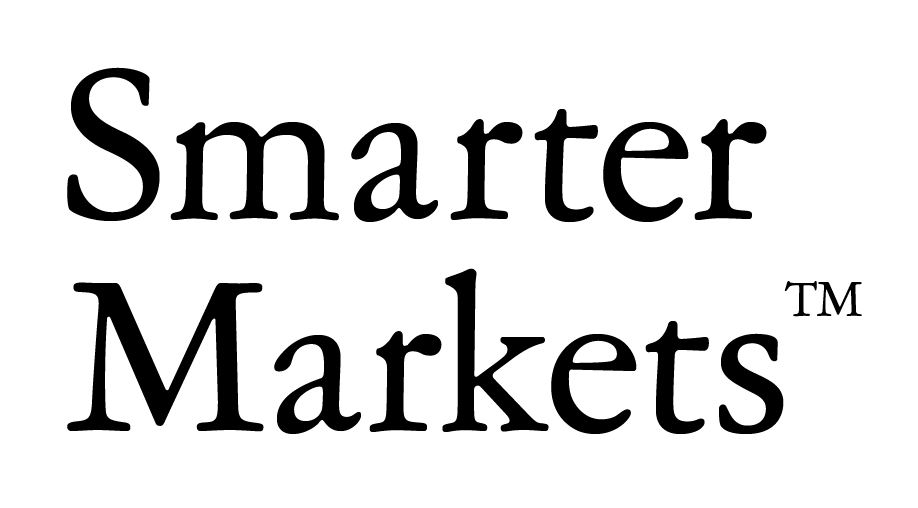LNG: Building a Global Natural Gas Market where Reliable meets Responsible Energy
LNG is forging a global natural gas market from a set of regional markets. As the LNG market grows, its market structure is evolving in a familiar way: transitioning from long-term contracts to short-term contracts and more spot market trading. Growing physical markets are creating a commercial need for an Exchange, which would be a catalyst to physical trading and unlocking investment capital needed to meet the energy transition.
Key Topics
The Extent of the Market
– The Evolution of Market Structure
– The Exchange as a Catalyst for Trade
– The Ecosystem of Exchange and OTC Trading
– The Energy Transition
The Extent of the Market: The Costs and Benefits of Larger Markets
The division of labor is limited by the extent of the market. Larger markets provide greater benefits by allowing participants to specialize in what they do best and trade freely while also limiting the ability of any participant to exercise market power.

The Evolution of Market Structure
The geographic size of the market is limited by transportation costs, but other transactions costs such as the cost of price discovery, negotiating, and contracting are also important in limiting the number of participants in a market.

LNG is Forging a Global Natural Gas Market, but the market still lacks a global reference price
Long-term Contracts mitigate the potential for the abuse of market power in small markets, enabling specialized investments to move forward. As the market grows, the potential for the abuse of market power declines while the outside opportunities to get a better price increase, leading to shorter-term contracts and more spot market trading. Increased spot market trading creates higher transactions costs, including the costs of price discovery and more frequent negotiations and contracting. This ultimately supports the creation of an Exchange to lower these transactions costs and support the commercial trade.

The LNG market is growing and becoming more global and diverse


US exports and Chinese imports lead the move to shorter-term trade

Exchanges lower transactions costs and the effort required to trade
– Standardization and the Clearinghouse are the innovations that make Exchanges work.
– Standardization allows for transparent price discovery, low contracting costs, and liquidity.
– The Clearinghouse creates a single counter-party, creating a single market rather than a series of
bilateral trades and reducing counter-party risk.
– The combination of a standardized contract and the clearinghouse as counter-party allows for trading
of the contract itself – trading price risk separately from the physical commodity.
The Exchange creates a unified market that is standardized, transparent, and liquid
– Enables transparent price discovery.
– Facilitates efficient trading with lower transactions costs and lower counter-party risk.
– Creates ability to transfer price risk across a forward curve that unlocks investment capital.
The commercial needs of the physical market are foundational
A level of commercial need supporting a robust physical market with price risks worth hedging is
foundational for a successful futures contract and Futures Exchange.
The Exchange – OTC Ecosystem
Resolving a fundamental tension between physical and financial markets
– Transactions costs tend to create fragmented physical markets because of the need to treat different things differently.
– The need for liquidity tends to create a single consolidated financial market in futures.
The Exchange-OTC Ecosystem resolves this tension by pooling liquidity on the Exchange and extending it to less liquid OTC markets that preserve valuable aspects of bilateral trading, including customization, privacy, and the use of credit instead of cash margin.

The Energy Transition
Natural gas is the bridge fuel for the energy transition. Meeting the needs of the energy transition to a low-carbon economy will require:
– Reducing the use of coal for power generation, particularly in Asia.
– Electrification to reduce the reliance on oil for transportation fuel.
Natural gas is uniquely-suited to be the bridge fuel for the energy transition:
– Natural gas is clean, flexible, and scalable.
– Natural gas complements and supports the use of renewable energy sources such as solar and wind.
 Source: Our World in Data based on Global Carbon Project; BP; Maddison; UNWPP
Source: Our World in Data based on Global Carbon Project; BP; Maddison; UNWPP
OBLIGATORY CAUTIONARY STATEMENT
This document is not, and under no circumstances is to be construed as, a prospectus, an advertisement or a public offering of these securities in Singapore, Canada or the United States. No securities
commission or similar authority in Singapore, Canada, the United States or elsewhere has in any way passed upon the merits of the securities offered hereunder, and any representation to the contrary
is an offence. No person is authorized to give any information or to make any representation not contained in this document and, if given or made, such representation must not be relied upon.
Prospective investors are urged to consult their professional advisors and to carefully consider the risks and challenges typically encountered by companies that are developing new products and
entering new and untested markets.
